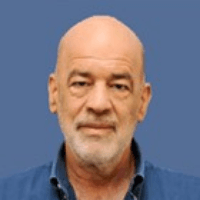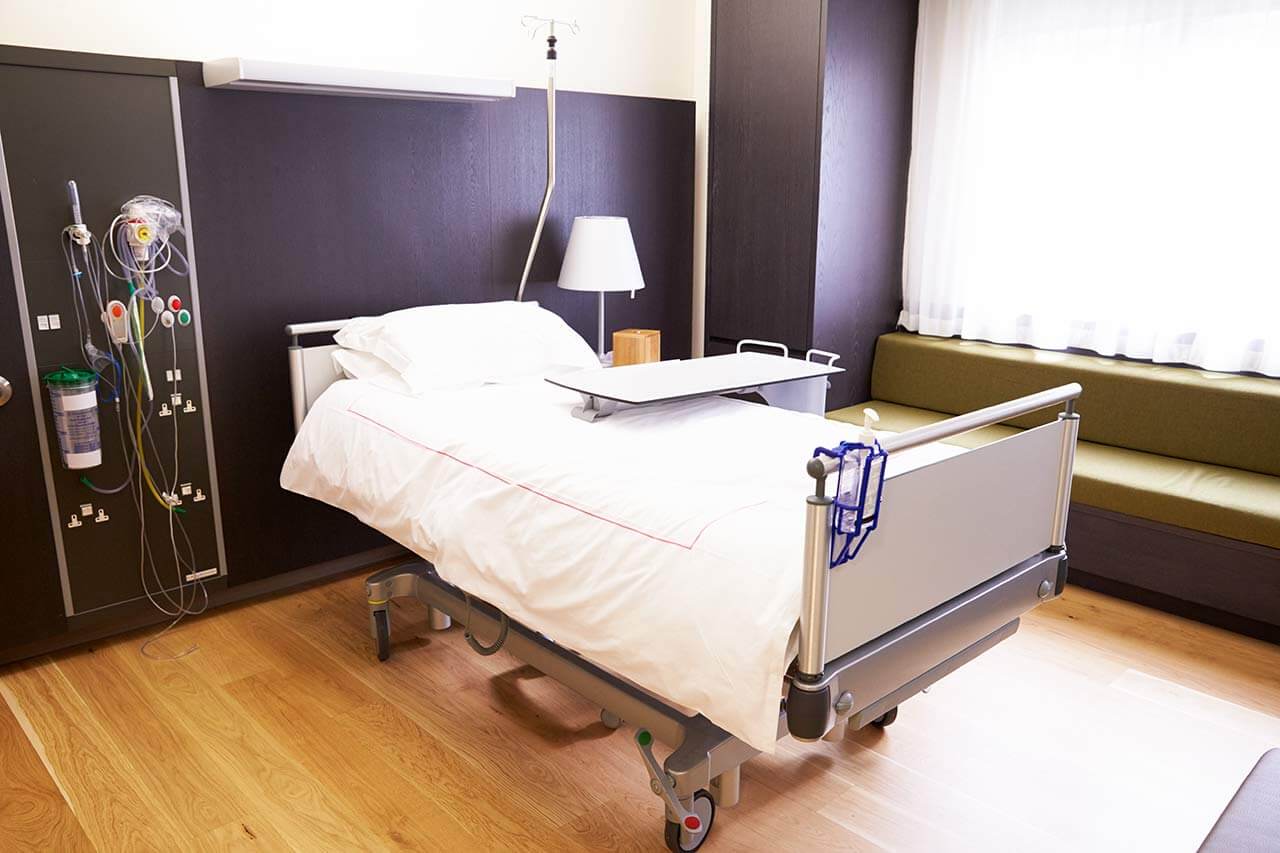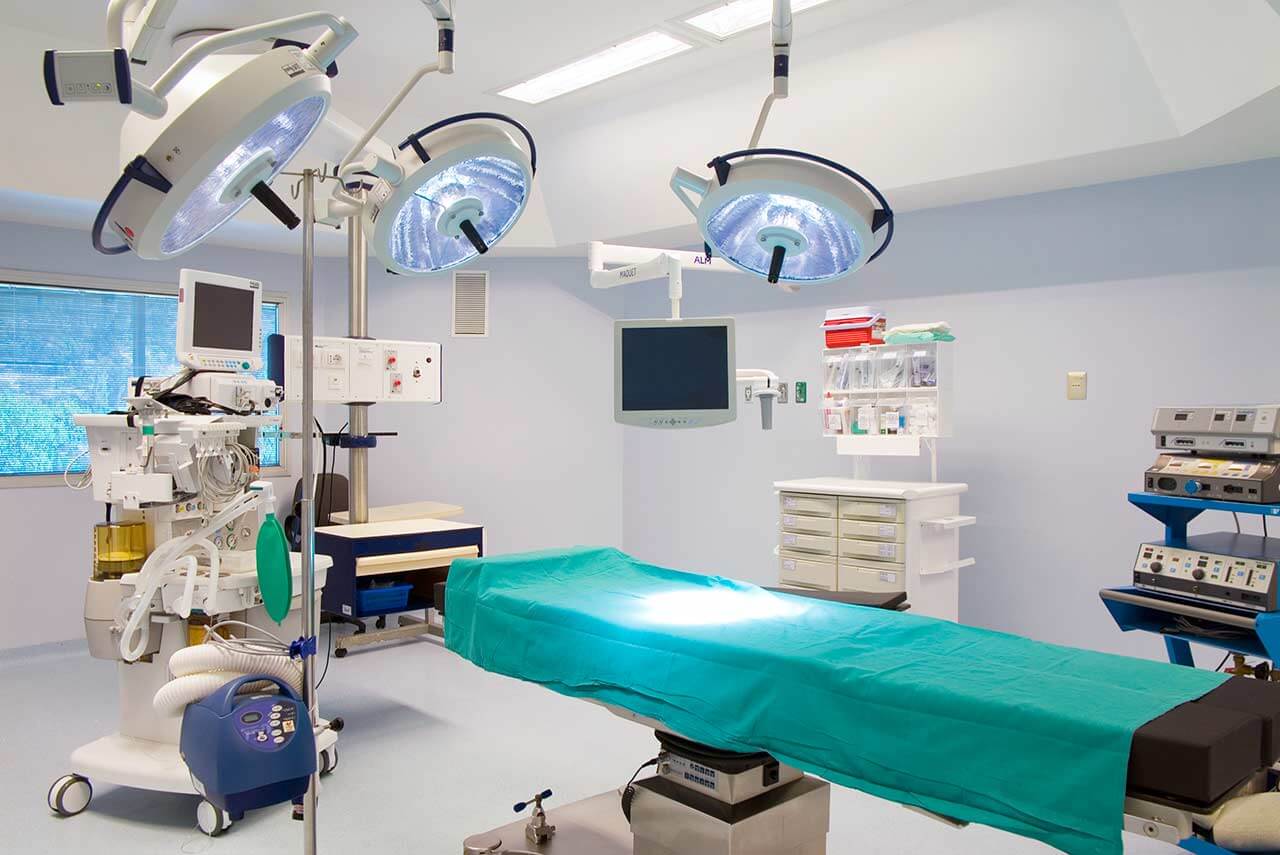
The program includes:
- Initial presentation in the clinic
- clinical history taking
- physical examination
- review of medical records
- laboratory tests:
- complete blood count
- general urine analysis
- biochemical analysis of blood
- indicators of inflammation (CRP, ESR)
- indicators blood coagulation
- x-ray examination of the shoulder
- CT/MRI scan of the shoulder
- preoperative care
- design of the patient-specific implant using 3 d system
- computer-assisted shoulder joint replacement
- the cost of the implant included
- symptomatic treatment
- control examinations
- physiotherapeutic procedures
- orthopedic appliances
- the cost of essential medicines and materials
- nursing services
- full hospital accommodation
- explanation of future recommendations
Required documents
- Medical records
- X-ray examination, MRI/CT scan (if available)
Service
You may also book:
 BookingHealth Price from:
BookingHealth Price from:
About the department
The Department of Orthopedics at the Tel Aviv Sourasky Medical Center offers all modern diagnostic and therapeutic services for the patients with musculoskeletal diseases. The department's doctors annually perform more than 4,000 operations, provide emergency care to about 40,000 patients, and also conduct about 25,000 outpatient appointments. The department applies only the very latest medical technologies and treatment methods, which make it possible to provide top-class medical care and restore the health of patients. The Chief Physician of the department is Prof. Dr. med. Moshe Salai.
Joint replacement is one of the department's main activities. The department performs both partial and total replacement surgery. Of particular interest is the treatment of lesions of the knee and hip joints. The scope of the department's tasks also includes revision joint interventions.
An equally important focus is on the treatment of injuries sustained in traffic accidents, occupational accidents, as well as osteoporotic fractures in the elderly. The department's doctors specialize in the treatment of sports injuries (these are mostly knee, muscle and tendon injuries). In addition, the department provides competent medical care to the patients with shoulder injuries and diseases, for example, tendon ruptures, shoulder dislocations and fractures.
Whenever possible, orthopedic surgeons use sparing minimally invasive surgical techniques. They have several advantages, particularly, minor blood loss, low risk of postoperative complications, minimal pain and speedy recovery of the patient.
The department's clinical focuses include:
- Joint replacement surgery
- Knee replacement surgery
- Hip replacement surgery
- Elbow replacement surgery
- Arthroplasty
- Cruciate ligament reconstruction
- Treatment of spinal disc herniation
- Kyphoplasty (treatment of vertebral fractures)
- Surgery to treat carpal tunnel syndrome
- Foot and ankle surgery
- Treatment of injuries, including sports injuries
- Other medical services
Curriculum vitae
Prof. Moshe Salai graduated his medical studies at the Sackler School of Medicine, Tel Aviv University (1977). He had his residency in Orthopedic Surgery at the Chaim Sheba Medical Center, where he worked until 2002.
From 2002 till 2010, he was the Head of the Department of Orthopedics in Beilinson Hospital, Rabin Campus. Since 2010, he has been the Head of the Department of Orthopedics at the Tel Aviv Sourasky Medical Center.
He did fellowships in Mt. Sinai Hospital in Toronto (1987 - 1988) and in MGH Boston (1991 - 1992). He became the Founder of the Israeli National Tissue Bank and the Head of the Israeli Association of Tissue Banks. From 2001 till 2004, he was the President of the European Association of Tissue Banks.
Photo of the doctor: (c) Tel Aviv Sourasky Medical Center
About hospital
The Tel Aviv Sourasky Medical Center is the second largest and one of the most advanced healthcare and research facilities in Israel. It began its work in 1961, but it is still popular among the local population and attracts thousands of international patients.
The multidisciplinary medical center covers an area of 150,000 m². It has 60 departments and institutes with 1300 beds. The hospital annually provides its highly professional services to more than 1,5 million patients. In addition, the hospital enjoys prestige among doctors, many of whom want to have an internship and work here.
The medical center employs more than 6,400 people, among them more than 1,100 doctors, 1,760 nurses, 850 medical laboratory assistants, technical and other employees. The medical staff successfully combines clinical and research activities. The hospital annually conducts clinical trials aimed at the the development of new diagnostic and treatment methods.
Structurally, the medical facility is divided into four main hospitals. These include the General Hospital, the Rehabilitation Hospital, the Lis Maternity and Women's Hospital and the Dana-Dwek Children's Hospital.
The medical center is focused on individualized treatment. With adherence to the international standards of service, the specialists take into account the needs of each patient, his age and a specific clinical case. The medical center strives to provide treatment in a friendly and respectful atmosphere, with an empathic attitude to each patient.
Photo: (c) depositphotos
Accommodation in hospital
Patients rooms
The patients of the Tel Aviv Sourasky Medical Center live in comfortable rooms equipped with all necessary amenities. The standard room includes an automatically adjustable bed, a bedside table, a wardrobe for storing clothes. Also, each room has an ensuite bathroom with shower and toilet.
Meals and Menus
The medical center offers three meals a day: breakfast, lunch and dinner. For lunch, the patients have a choice of daily menus. If for some reason you do not eat all foods, you will be offered an individual menu. Please inform the medical staff about your food preferences prior to treatment.





